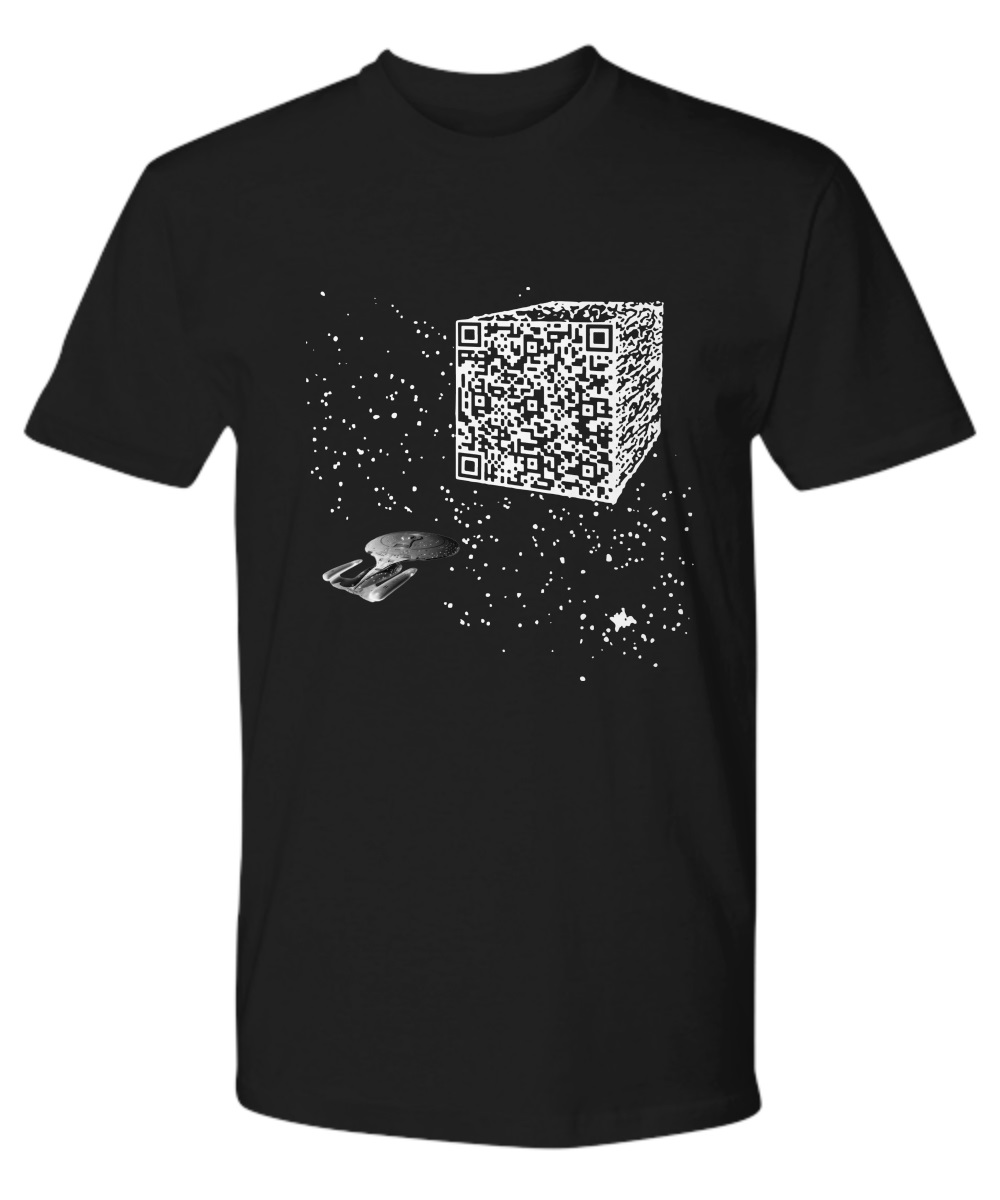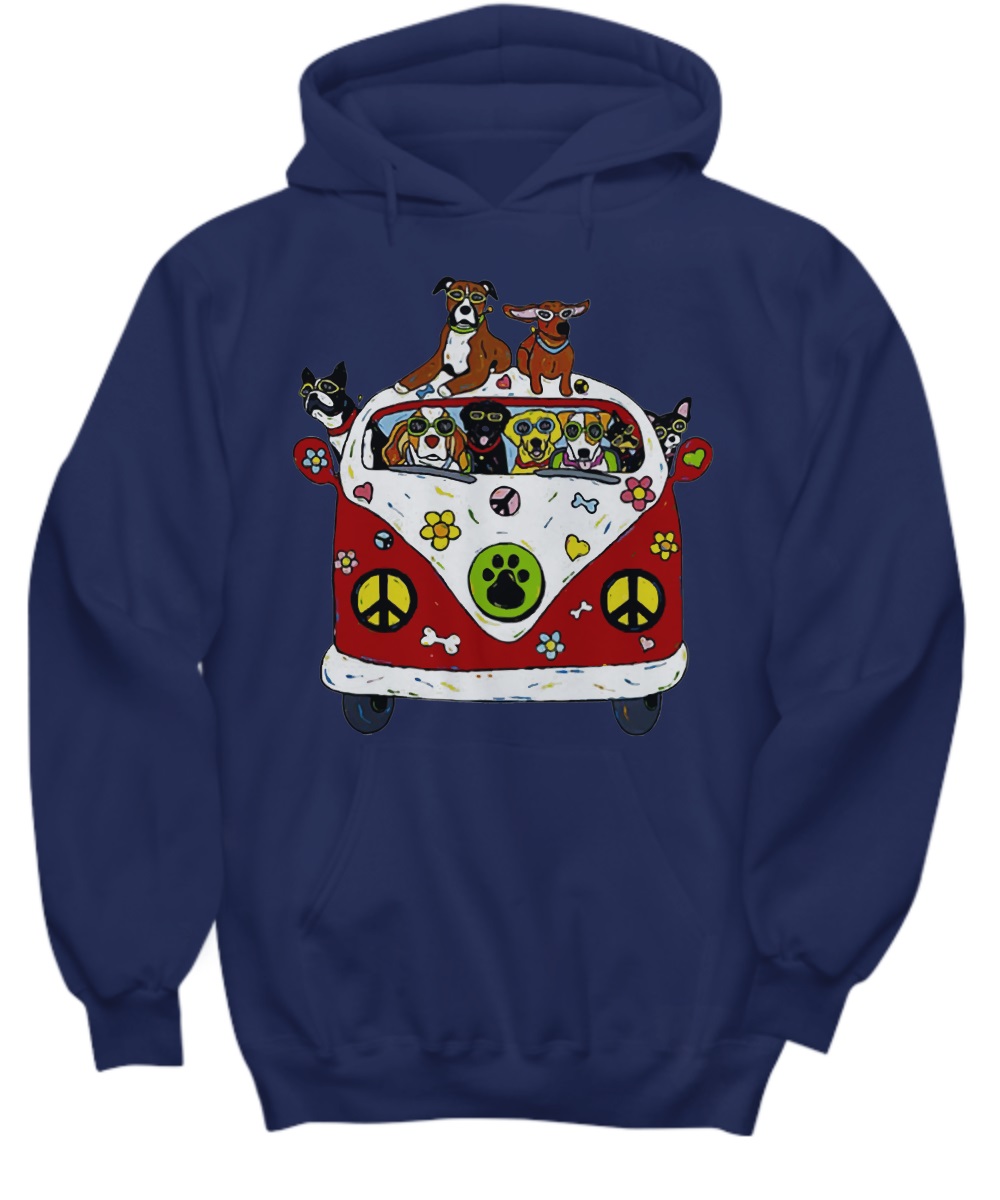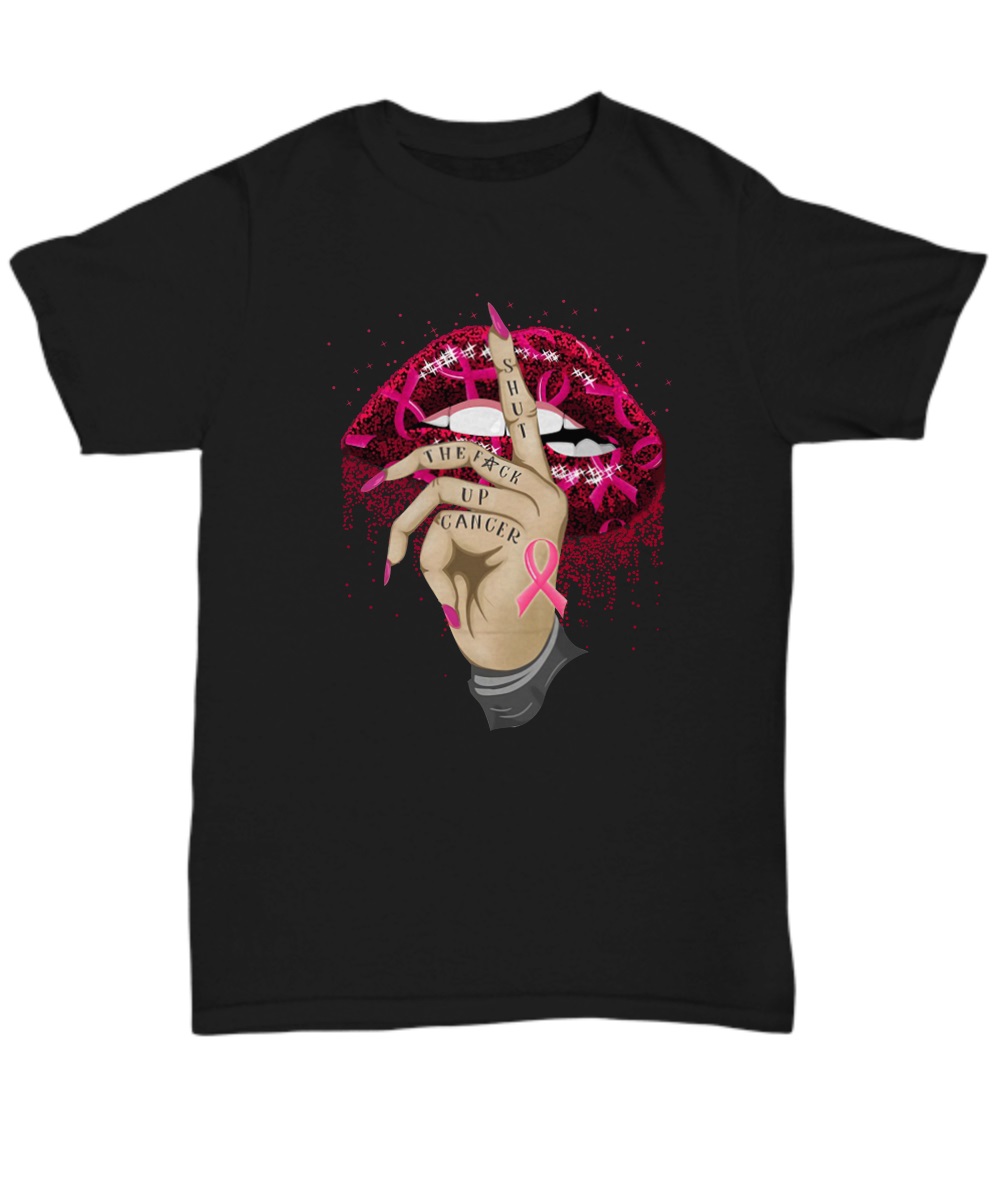Dogs And Horses Make Me Happy Humans Make My Head Hurt Shirt
Or buy product at : Amazon
-
5% OFF 2 items get 5% OFF on cart total Buy 2
-
10% OFF 3 items get 10% OFF on cart total Buy 3
-
15% OFF 4 items get 15% OFF on cart total Buy 4
♥CHECK OUR BESTSELLERS - LIMITED EDITION SNEAKER FOR MEN OR WOMEN:
Best Selling Sneaker
Retro SP x J Balvin Medellín Sunset (UA) Air Jordan 3 Sneaker
Best Selling Sneaker
Best Selling Sneaker
Best Selling Sneaker
Table of Contents
ToggleDogs And Horses Make Me Happy Humans Make My Head Hurt Shirt
A dog’s invitation to play is unmistakable: Bowing with his front legs and wagging his tail, he’s basically saying to another dog, Let’s have fun! The two animals then chase and leap and box each other, matching each other’s moves, often with expressions we humans interpret as smiles.Now scientists report for the first time that dogs and horses play together in a similar manner, with open mouths and synchronously matched behaviors.Perhaps most remarkably, the two species also rapidly mirror the expression on the other’s face, a behavior called rapid facial mimicry. This phenomenon occurs in primates, domestic dogs, meerkats, and sun bears, but has never been documented between play partners of different species.“It’s a wonderful study, and takes the questions surrounding play behavior to a new level,” says Sue McDonnell, an animal behaviorist at the University of Pennsylvania in Philadelphia who wasn’t involved in the study.“In particular, they’ve beautifully demonstrated play between two species where it’s unexpected.”Horses and dogs coexist peacefully today thanks to centuries of domestication. Still, from an evolutionary point of view, they’re predators and prey, so scientists were surprised the two species shared a common language of play.


Dogs And Horses Make Me Happy Humans Make My Head Hurt Shirt
What’s more, the study strengthens the idea that play is universal among species. The behavior occurs in such a wide array of creatures—ranging from crocodiles to otters to wasps—that scientists believe it has evolved multiple times. Despite these diverse origins, play behaviors—play-fighting, running, chasing, leaping—are strikingly similar across nature. (Read more about the first evidence of playing in crocodiles.)he purpose behind play is murkier. It could help young animals develop social and hunting skills; adults may use it to relax or maintain their health. The new study, betweem such different animals, adds an intriguing new element to the mystery.Though the purpose behind play remains unclear, scientists suspect the behavior arose to help animals hone hunting and social skills, relieve stress or foster relationships with each other, study author Elisabetta Palagi, an animal behaviorist at the University of Pisa in Italy, tells Charles Q. Choi at Inside Science. Learning more about the contexts in which different creatures pal around—especially across branches of the tree of life—could tell researchers a lot about play’s origins and evolution.
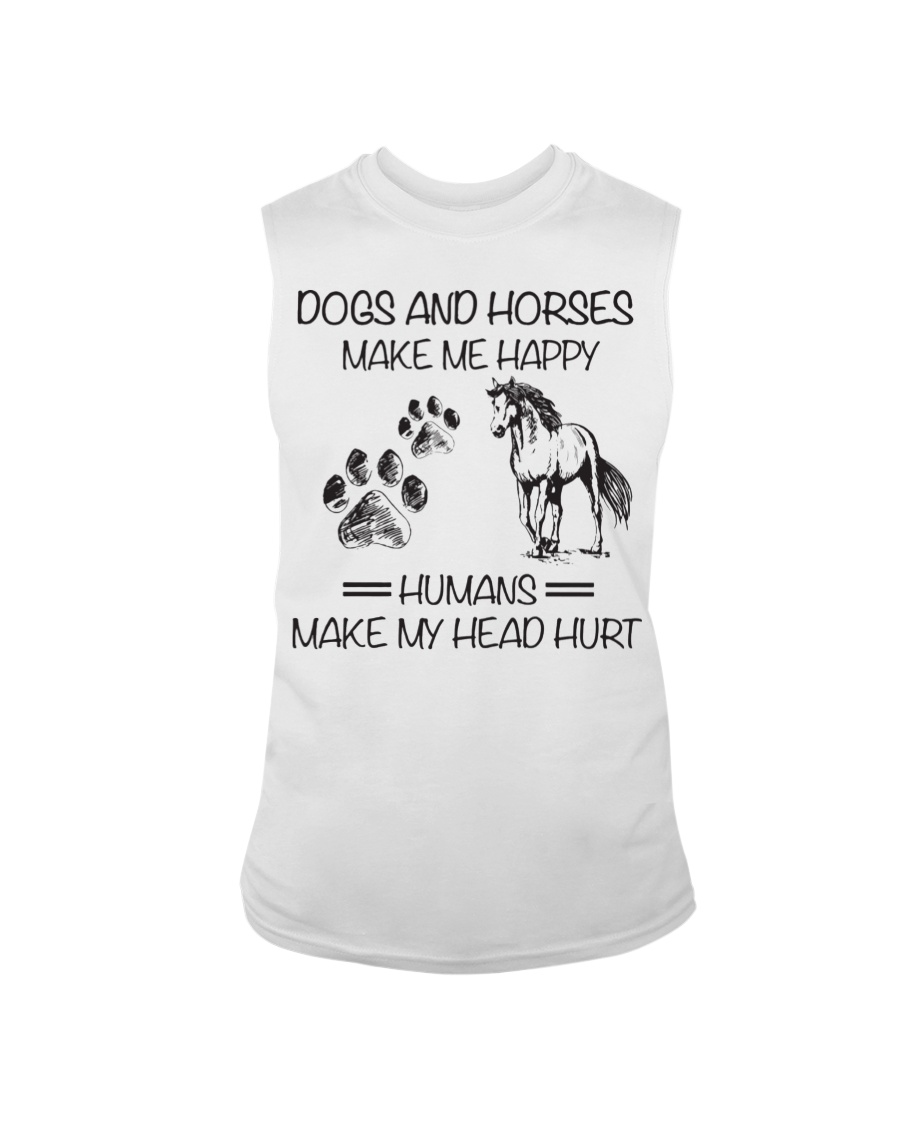
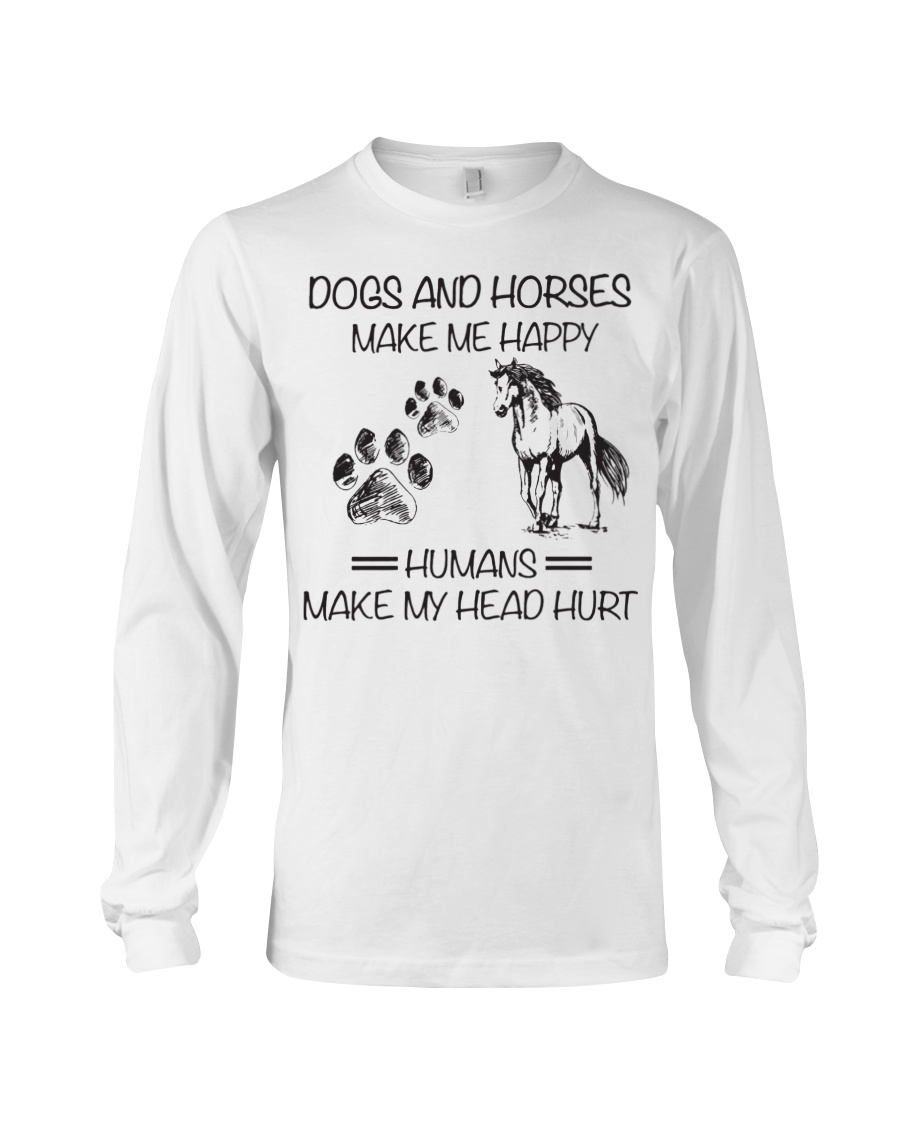
A. SHIPPING COSTS
Standard Shipping from $4.95 / 1 item
Expedited Shipping from $10.95 / 1 item
B. TRANSIT, HANDLING & ORDER CUT-OFF TIME
Generally, shipments are in transit for 10 – 15 days (Monday to Friday). Order cut-off time will be 05:00 PM Eastern Standard Time (New York). Order handling time is 3-5 business days (Monday to Friday).
C. CHANGE OF ADDRESS
We cannot change the delivery address once it is in transit. If you need to change the place to deliver your order, please contact us within 24 hours of placing your order at [email protected]
D. TRACKING
Once your order has been shipped, your order comes with a tracking number allowing you to track it until it is delivered to you. Please check your tracking code in your billing mail.
E. CANCELLATIONS
If you change your mind before you have received your order, we are able to accept cancellations at any time before the order has been dispatched. If an order has already been dispatched, please refer to our refund policy.
G. PARCELS DAMAGE IN TRANSIT
If you find a parcel is damaged in transit, if possible, please reject the parcel from the courier and get in touch with our customer service. If the parcel has been delivered without you being present, please contact customer service with the next steps.
No Hassle Returns and Refunds
Our policy lasts 14 days. If 14 days have gone by since your purchase, unfortunately we can’t offer you a refund or exchange.
To be eligible for a return, your item must be unused and in the same condition that you received it. It must also be in the original packaging.
Several types of goods are exempt from being returned.
Gift cards
Downloadable software products
Some health and personal care items
To complete your return, we require a receipt or proof of purchase.
Please do not send your purchase back to the manufacturer.
There are certain situations where only partial refunds are granted (if applicable) :
– Any item not in its original condition, is damaged or missing parts for reasons not due to our error
– Any item that is returned more than 30 days after delivery
Refunds (if applicable)
Once your return is received and inspected, we will send you an email to notify you that we have received your returned item. We will also notify you of the approval or rejection of your refund.
If you are approved, then your refund will be processed, and a credit will automatically be applied to your credit card or original method of payment, within a certain amount of days.
Late or missing refunds (if applicable)
If you haven’t received a refund yet, first check your bank account again.
Then contact your credit card company, it may take some time before your refund is officially posted.
Next contact your bank. There is often some processing time before a refund is posted.
If you’ve done all of this and you still have not received your refund yet, please contact us at [email protected]










